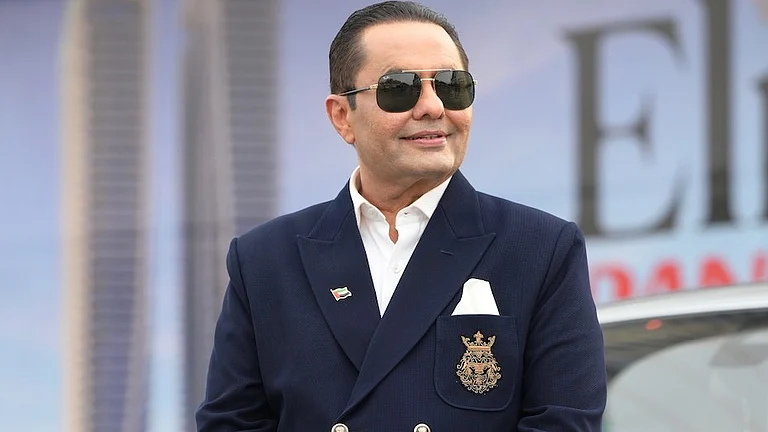
Dubai-based Bafleh Jewellery is shifting to lightweight designs and lower-karat gold due to soaring bullion prices.
Imports from India dropped to 600–700 kg in eight months of FY25, down from 1.2 tonnes last year, though import values rose.
Gold prices jumped from USD 2,200–2,500 per ounce to USD 3,600 in three months, causing a 20–30% drop in volumes.
The company plans to launch 14-karat jewellery with Indian suppliers to balance affordability and colour quality.
Bafleh Jewellery, one of the Middle East's largest importers of Indian jewellery, is shifting to lightweight designs and lower-karat gold as soaring bullion prices squeeze demand across key markets.
The company's Managing Director Ramesh Vora said the Dubai-based company has imported 600-700 kilograms of jewellery from India in the first eight months of the current financial year, compared to 1.2 tonnes for all of last year.
While import values have increased, volumes have dropped 20-30% as gold prices surged from USD 2,200-2,500 per ounce to USD 3,600 within three months.
"People cannot afford it anymore. We're thinking gold might even reach USD 4,000," Vora told PTI at a recent Saudi Arabia Jewellery Exhibition (SAJEX).
The company plans to introduce 14-karat jewellery next month, working with suppliers in Kolkata and Delhi to maintain colour quality while reducing gold content.
The strategy shift reflects broader challenges facing jewellery importers as volatile gold prices create daily swings of USD 50.
Bafleh Jewellery benefits from duty-free imports under Dubai's Special Import Promotion Authority (SIPA) arrangement with India, but rising bullion costs have still reduced overall business by 30-40%.
The company maintains strong export relationships across Africa, where it holds top market positions in Senegal, Ethiopia, and Nigeria. Australian clients operate on a barter system, bringing gold bars to exchange for finished jewellery, which insulates those transactions from price volatility.
Vora noted a divide in customer preferences between markets. African buyers continue demanding heavy jewellery sets weighing 200-300 grams, focusing on traditional designs rather than lightweight alternatives.
"In Africa, they don't think of lightweight jewellery. They go for design only," Vora explained.
The company operates its own design house to create custom pieces for suppliers across India.
Despite pricing pressures, Vora expressed confidence in India's market position. Bafleh Jewellery has received awards for the highest imports from India in 2015, 2018, and three consecutive years through 2022.
"Nobody can beat Indian jewellery because it's totally handmade," he said, contrasting India's craftsmanship with machine-made alternatives from Italy, Turkey, Singapore, and Indonesia.
"Indian jewellery is still number one in the world, and nobody can compete."
































